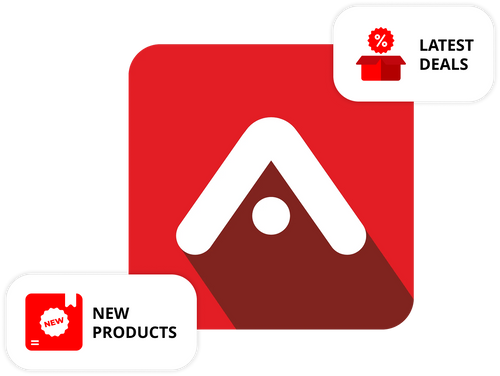
Choosing the Right PLC Automation Companies for Your Business
Programmable Logic Controllers (PLCs) play an important role in industrial automation, ensuring efficiency, precision, and safety in various industries such as manufacturing, automotive, energy, and logistics. With the increasing demand for automation and smart manufacturing solutions, several PLC automation companies have emerged as global leaders. This blog highlights the top PLC automation companies that are driving industrial transformation.

1. Siemens
Siemens is an industry-leader in the PLC automation industry with its top-tier SIMATIC PLCs. These controllers are known for their high performance, scalability, and seamless integration with Industry 4.0 solutions. Siemens offers various models, including basic, advanced, and distributed controllers, catering to different industrial requirements.
Key Features:
- High-speed processing and real-time communication
- Integration with Siemens TIA Portal for easy programming
- Strong security features to prevent cyber threats
2. Rockwell Automation
Rockwell Automation, through its Allen-Bradley PLCs, provides innovative automation solutions that enhance productivity and operational efficiency. The ControlLogix and CompactLogix series are widely used in industries ranging from food processing to automotive manufacturing.
Key Features:
- EtherNet/IP-based communication for seamless connectivity
- Scalable solutions for small to large industrial applications
- Advanced analytics and diagnostics capabilities
3. Mitsubishi Electric
Mitsubishi Electric’s MELSEC PLCs are well-regarded for their reliability and flexibility in industrial automation. These PLCs support a wide range of applications, from simple machine control to complex process automation.
Key Features:
- High-speed processing and flexible I/O configurations
- Compatibility with various industrial networks, including CC-Link
- Advanced motion control capabilities for robotics applications
4. Schneider Electric
Schneider Electric’s PLCs are well-known for their energy-efficient automation solutions. These controllers are widely used in sectors such as water treatment, energy management, and industrial automation.
Key Features:
- Compact and modular design for easy scalability
- Integrated cybersecurity features
- Seamless connectivity with Digital Automation System, Schneider’s IoT-enabled platform
5. ABB
ABB’s PLC solutions are designed to optimize manufacturing processes and ensure maximum productivity. The AC500 series is a popular choice for industries requiring robust and scalable automation systems.
Key Features:
- Multi-processor architecture for enhanced performance
- Wide temperature range support for harsh environments
- Compatibility with IEC 61131-3 programming languages
6. Omron
Omron provides advanced PLC solutions under its Automation Platform, ensuring high-speed data processing and real-time decision-making. Omron’s PLCs are widely used in applications such as packaging, material handling, and robotics.
Key Features:
- High-speed synchronous control of multiple axes
- Built-in artificial intelligence for predictive maintenance
- Ether CAT and Ethernet/IP support for seamless connectivity
7. B&R Industrial Automation
B&R, a subsidiary of ABB, specializes in high-performance PLC solutions with a strong focus on automation and motion control. Its X20 and X90 series PLCs are widely used in factory automation and machine control applications.
Key Features:
- Integrated safety control systems
- Scalable automation solutions for a wide range of industries
- High-speed fieldbus communication support
The demand for PLC automation solutions continues to grow, driven by Industry 4.0, IoT integration, and the need for enhanced operational efficiency. Companies like Siemens, Rockwell Automation, Mitsubishi Electric, and Schneider Electric are at the forefront of innovation, offering cutting-edge PLCs to meet the evolving needs of various industries. Choosing the right PLC automation partner depends on specific industry requirements, scalability needs, and technological compatibility.

 Request for Quotes
Request for Quotes
 Help Center
Help Center




































































